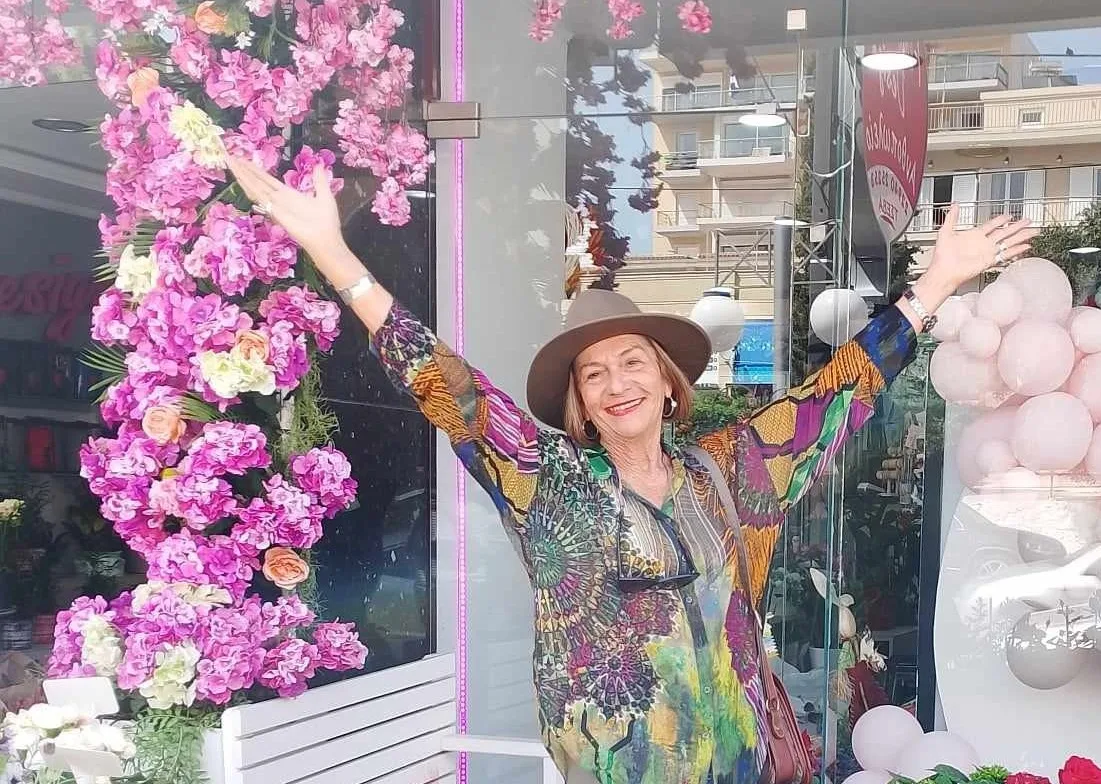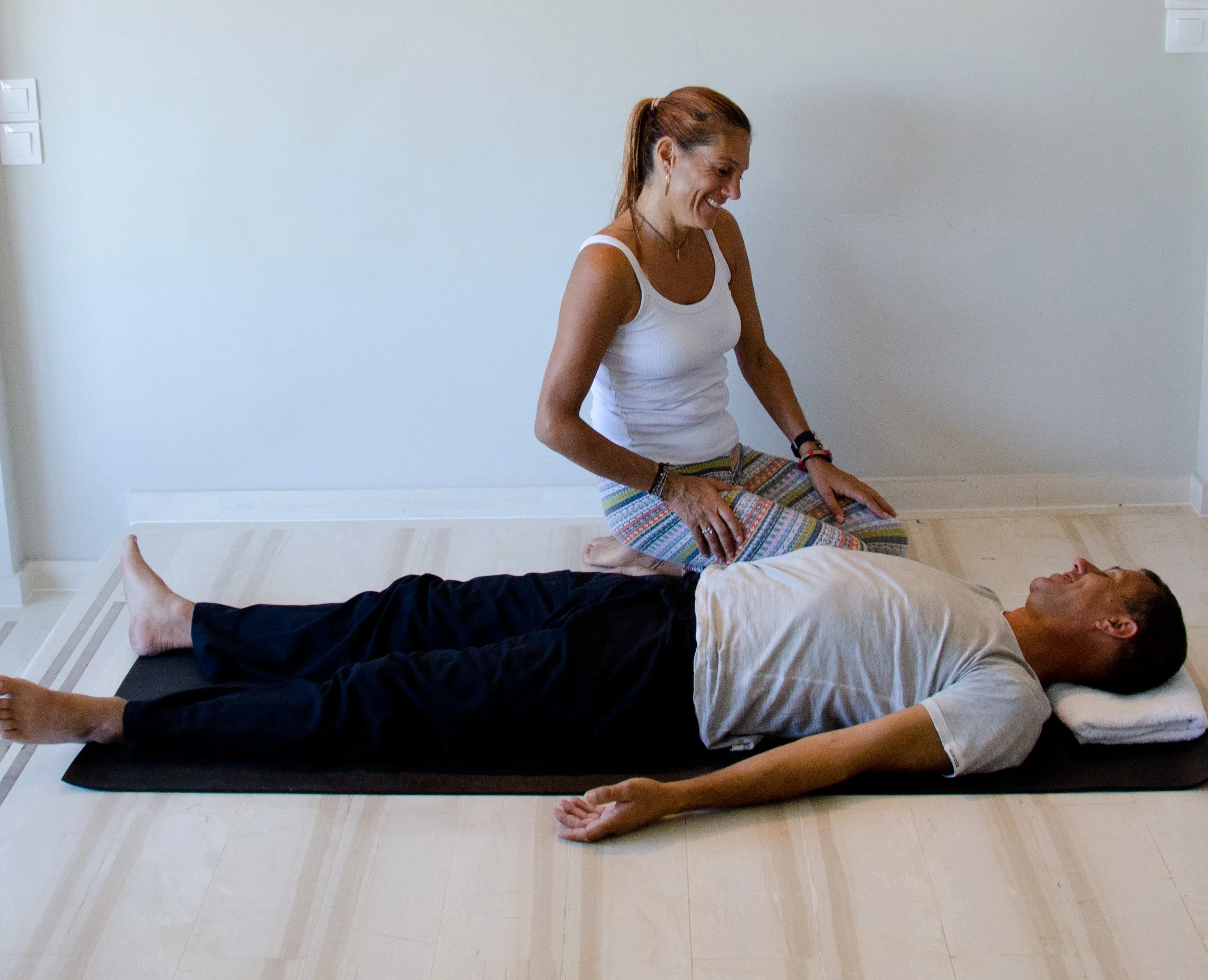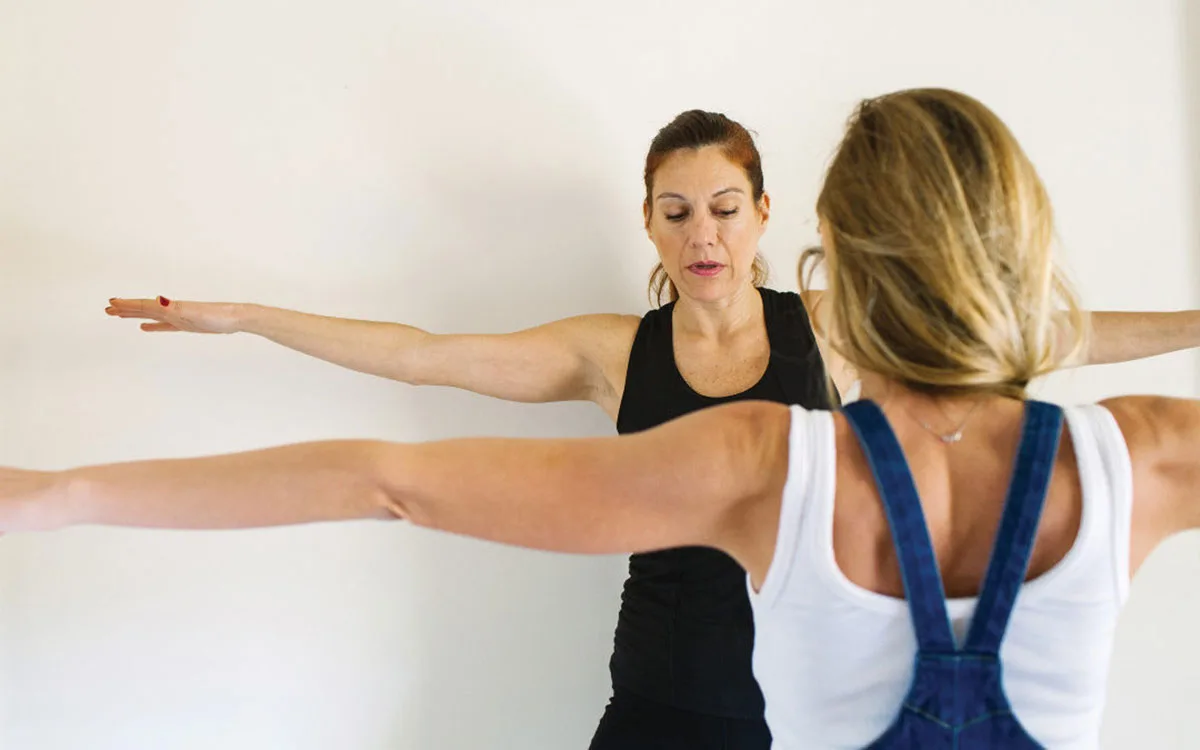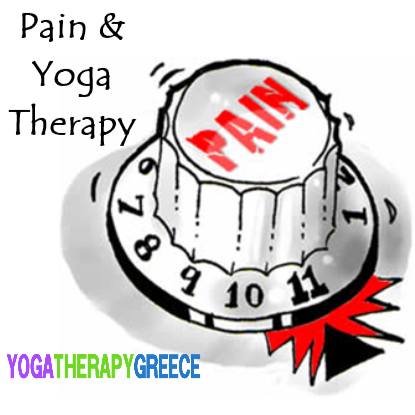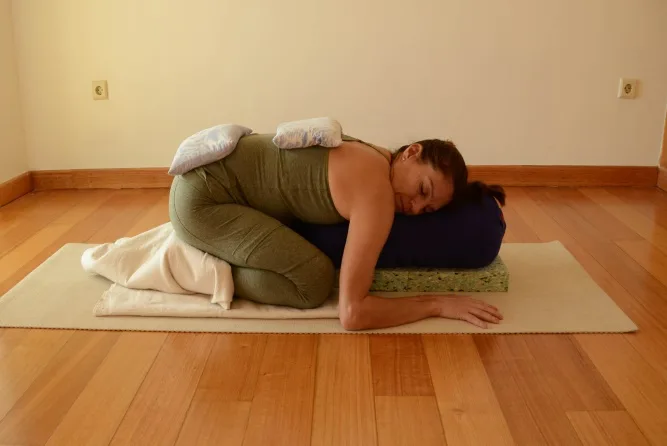Feasibility of yoga as a complementary therapy for patients with type 2 diabetes:


In Yoga Therapy Greece we combine the ancient yoga wisdom and the evidence informed practices suggested by research. Critically evaluating the latest and most robust research articles, we are happy to share a small summary of them hoping that you will find it interesting to read and a help to understand the effectiveness of yoga and how much yoga can offer in the management of diabetes.
The RCT ‘Feasibility of yoga as a complementary therapy for patients with type 2 diabetes: The Healthy Active and in Control (HA1C) study’ by Bock et al. (2020) examined the feasibility and acceptability of this yoga program for diabetes in the United States. This 2 – arm high quality (7/10 in pedro scale) RCT is one of the few ones comparing yoga to standard exercise, an active intervention, for 12 weeks which is considered the best duration for any physiological or psychological changes to take place. The follow up lasted for 9 months with assessments taking place post-treatment, at 6 months and at 9 months post-enrolment.
Τhe 60 minutes yoga intervention was compared to standard exercise of 60 minutes that consisted of 5 minutes warm up, 50 minutes of moderate intensity exercise and 5 minutes cool down. The yoga program consisted of guided meditation and relaxation, breathing exercises and movements, which is considered the most effective combination, while a DVD was provided for home practice.
This is the way we share yoga therapy to groups in Yoga Therapy Greece, meeting them as a group once a week taking the benefits of the group dynamics and making the intervention financially feasible for more people while they are supported by a personalized short home practice that is developed based on the personal intake at the start of the program.
The study in 48 individuals with Type 2 diabetes mellitus (T2DM) showed significant reductions in Glycated Haemoglobin (HbA1c), from baseline to 6 months to participants with median HbA1c >8 while at 6 months the median HbA1c was 1.25 units lower for yoga than for the active control group (95% CI, -2.54-0.4, P=.06). In fasting blood glucose (FBG) from 6 to 9 months were significant reductions (P=.05), and in distress scores clinically meaningful a 12-point decrease that persisted through the follow up period.
The strongest findings of this RCT were the high feasibility and acceptance to American adults seen through 82% of sessions attendance, 92% of completion rates as well as the fact that 6 months after the intervention half of the yoga participants continued their home practice showing the efficacy of yoga intervention.
The author suggested that the improvements in quality of life, distress and self- care, as well as the high acceptability and the efficacy of yoga intervention in self-management of diabetes, could apply to most chronic conditions. The results were in accordance with the systematic reviews (Innes and Selfe 2015, Cui et al., 2017), showing significant improvements in several indices in T2DM management.
https://yogatherapygreece.com/ for details of IAYT Accredited 800 hours Yoga Therapy Training, personal and group yoga therapy sessions
#yogatherapygreece #yogatherapy #yogafordiabetes #yogaandresearch #yogatherapyandresearch #yogatherapygreeceandresearch #EviDimitriadouyogatherapist #yogatherapyfordiabetes #Yogatherapygreecefordiabetes#yogatherapy #c-iayt #yogatherapist #accreditedyogatherapytraining




